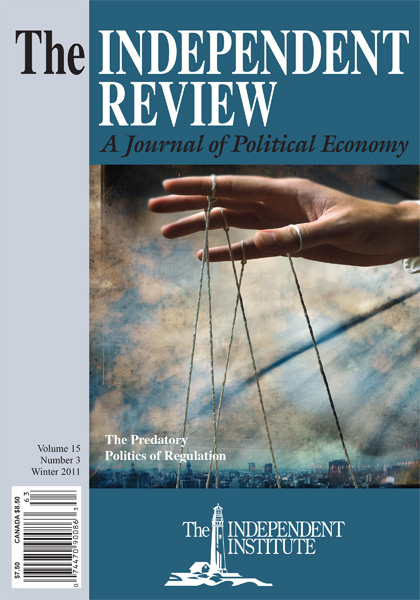Most academics who study the morality of war are wedded to an ethical framework—just war theory—created centuries before the development of weapons of indiscriminate destruction and other realities unique to modern warfare. Working within that antiquated tradition has hindered their ability to deal with the problems of contemporary war and has given belligerent leaders broader rationales for war making.
Article
For hundreds of years, intellectuals have been arguing about just war theory, attempting to determine how best to use it in thinking about contemporary war. But war is not what it used to be, and it is entirely unclear that scholars who wrote about the topic before the advent even of machine guns, much less airplanes, missiles, and nuclear, biological, and chemical weapons can offer us much guidance or enlightenment. Yet many scholars interested in war continue to frame their arguments in the terms of just war theory, nearly always paying what they regard as the customary deference to its early expositors, or “fathers,” as many writers fondly refer to them. In recent decades, Michael Walzer has made this practice seem incumbent on “serious” scholars of war; his Just and Unjust Wars has since its publication in 1977 (New York: Basic Books) largely shaped the contours of debate about war among philosophers and political scientists.
| Other Independent Review articles by Laurie L. Calhoun | ||
| Summer 2023 | Tyranny Reverse Engineered | |
| Fall 2011 | The Silencing of Soldiers | |
| Winter 2005/06 | Michael Walzer on Just War Theory’s “Critical Edge”: More Like a Spoon Than a Knife | |
| [View All (6)] | ||









